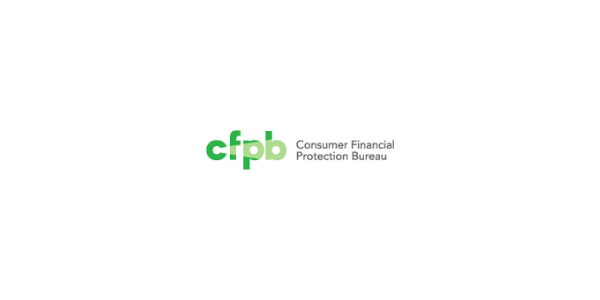CFPB Report Finds More Than Half of Consumers Fail to Shop Around

The Consumer Financial Protection Bureau (CFPB) has released a report finding that almost half of consumers do not shop around for a mortgage when purchasing a home. The report also found that informed consumers are more likely to shop, especially if they are familiar with available mortgage rates. As part of its Know Before You Owe mortgage initiative, the CFPB is releasing “Owning a Home,” an interactive, online toolkit designed to help consumers as they shop for a mortgage. The suite of tools gives consumers the information and confidence they need to get the best deal.
“Our study found that many consumers are not shopping for a mortgage. Consumers put great thought into the choice of a home, but the mortgage process continues to be intimidating,” said CFPB Director Richard Cordray. “The Know Before You Owe Owning a Home toolkit makes it easy to see how shopping for a mortgage can translate into big dollars saved in the long run. We want to enable consumers to be more savvy shoppers.”
While many risky features of mortgages are now restricted or unavailable in the marketplace since the financial crisis, mortgages still have different terms and features. Key components include the loan term, loan type, and interest rate. Loan terms typically vary between 15 and 30 years. Loan types include Federal Housing Administration (FHA), Veterans Affairs (VA), and conventional loans. Interest rates can be fixed or adjustable, and the rates vary across lenders, even for the same consumer and for loans with otherwise identical product features. Consumers can shop for a mortgage by researching and inquiring with multiple lenders, applying for mortgages with multiple lenders, or applying for different kinds of loans.
The report is based on results from new data in the National Survey of Mortgage Borrowers, a voluntary survey jointly conducted by the CFPB and the Federal Housing Finance Agency. The Bureau analyzed responses from consumers who took out a mortgage to buy a home in 2013.
Among the key findings:
►Almost half of consumers fail to shop around before applying: Almost half of consumers who take out a mortgage fail to shop prior to filling out an application for a mortgage. This means these consumers are seriously considering only a single lender or mortgage broker before choosing where to apply.
►Three out of four consumers only apply with one lender or broker: While half of consumers shop around to see who advertises lower rates, fewer than one out of four borrowers actually end up submitting a loan application to more than one lender or broker. These consumers are not filling out applications with multiple lenders to see which one can offer them the best deal.
►Most consumers get their information from lenders or brokers, who have a stake in the outcome: The survey asked recent mortgage borrowers whether they used different information sources. Respondents were asked to report whether they used each source a lot, a little, or not at all. Consumers could pick multiple categories. Among the findings: 70 percent of consumers report relying on their lender or mortgage broker a lot to get information about mortgages. While lenders and brokers can be valuable resources, they have a stake in the selling of the mortgage, so what is best for the lender or broker is not always best for the consumer.
►Borrowers who prioritize the terms of the loan over the characteristics of the lender are more likely to shop: The survey asked borrowers whether characteristics of lenders or mortgage brokers were “very,” “somewhat,” or “not at all” important in their selection. The survey found those who listed lender characteristics as important, instead of the loan terms, are less likely to shop. Specifically, the survey found that among all borrowers – those who shopped and those who did not – 42 percent said having an established banking relationship with the lender is “very important.” Since most borrowers likely only have a few banking relationships, this likely inhibits shopping.
►Informed consumers are twice as likely to shop: Consumers who are confident in their knowledge about the mortgage process are more likely to shop around. For instance, consumers who are confident about their knowledge of available interest rates are almost twice as likely to shop as consumers who are unfamiliar with available interest rates. The survey found that 55 percent of shoppers said they were very familiar with mortgage rates, while 30 percent of shoppers said they were not at all familiar.





